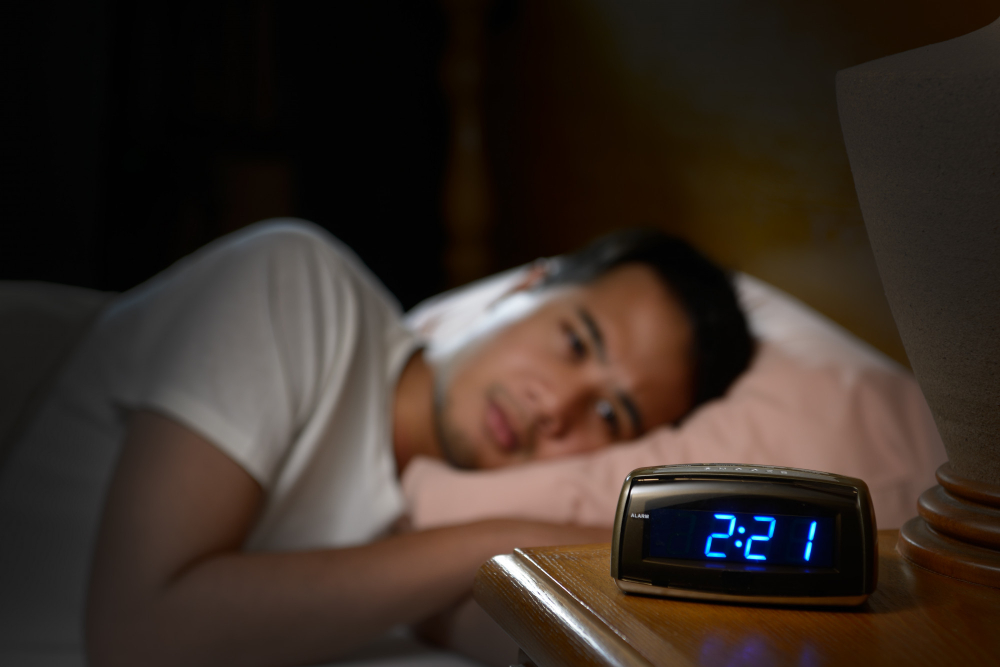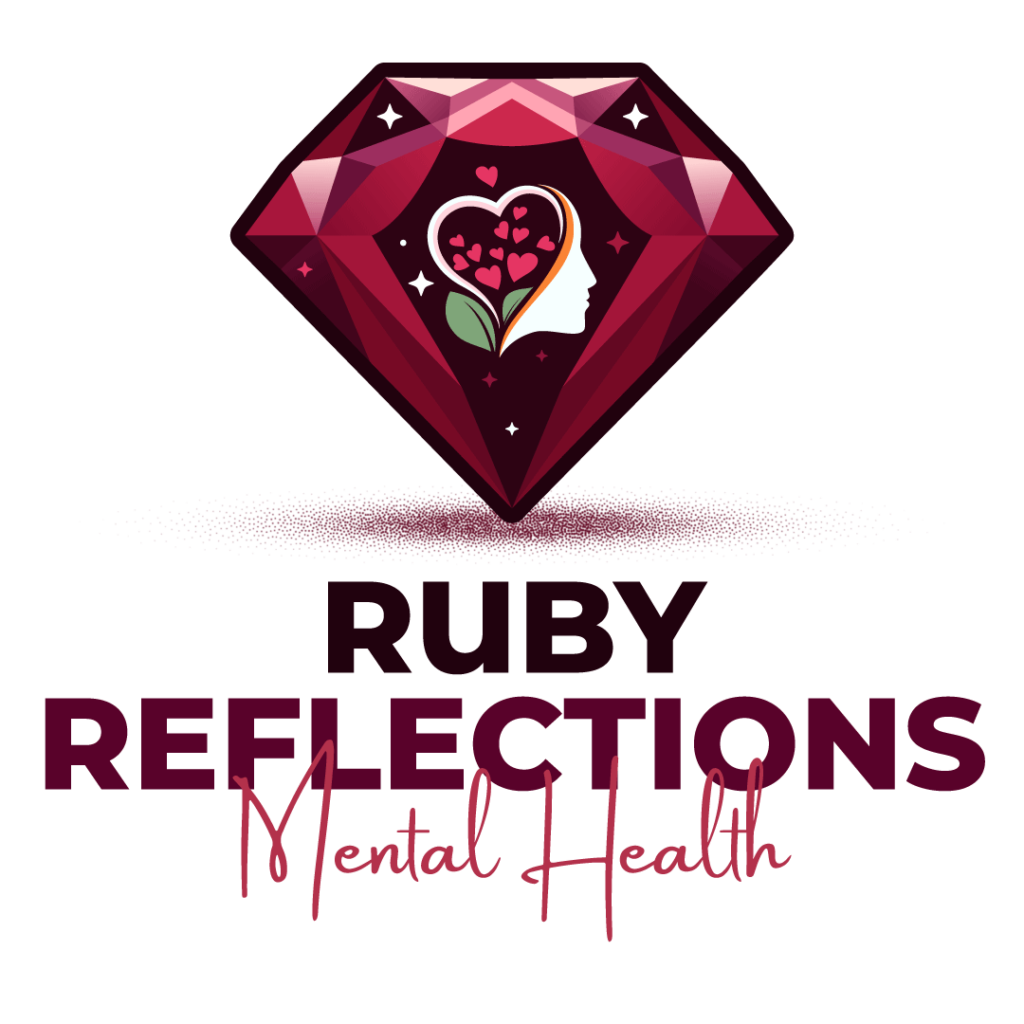Insomnia
Definition
Insomnia is a common sleep disorder characterized by difficulty falling asleep, staying asleep, or waking up too early and not being able to go back to sleep. It can lead to daytime fatigue, mood disturbances, and impaired functioning in daily activities. Insomnia can be acute (short-term) or chronic (long-term).

Symptoms
Symptoms of Insomnia include:
Difficulty Falling Asleep:
Taking a long time to fall asleep.
Frequent Wake-Ups:
Waking up multiple times during the night.
Early Morning Awakening:
Waking up too early and being unable to return to sleep.
Daytime Fatigue:
Feeling tired or sleepy during the day.
Irritability or Mood Disturbances:
Experiencing mood changes, irritability, or depression.
Difficulty Concentrating:
Trouble focusing, remembering, or making decisions.
Reduced Performance:
Impaired performance at work, school, or in social activities.
How We Can Help
Supporting individuals with insomnia involves a combination of behavioral therapies, lifestyle changes, and sleep hygiene practices. Here’s how we can help:
Psychoeducation
Providing information about insomnia to individuals and their families to improve understanding and management of the condition.
Workplace Accommodations
Assisting with workplace accommodations, such as flexible work hours or breaks, to help manage daytime fatigue and improve productivity.
Integration of Strategies
By integrating these strategies, we can provide comprehensive support to individuals with insomnia, helping them improve their sleep quality, enhance their overall well-being, and achieve better functioning in their daily lives.
Bedtime Routine
Establishing a relaxing pre-sleep routine, such as reading a book, taking a warm bath, or listening to soothing music, to signal to the body that it's time to wind down.
Reduce Screen Time
Limiting exposure to screens (phones, computers, TVs) before bedtime, as the blue light can interfere with the production of the sleep hormone melatonin.
Bedtime Routine
Establishing a relaxing pre-sleep routine, such as reading a book, taking a warm bath, or listening to soothing music, to signal to the body that it's time to wind down.
Support Groups
Connecting individuals with support groups where they can share experiences and receive support from others who understand sleep issues.
Family Involvement
Involving family members in understanding insomnia and supporting the individual's efforts to improve sleep habits.
Regular Sleep Schedule
Establishing a consistent sleep and wake time, even on weekends, to regulate the body's internal clock.
Relaxation Techniques
Practicing relaxation techniques such as deep breathing, progressive muscle relaxation, and meditation to reduce stress and promote sleep.
Healthy Diet and Exercise
Encouraging a balanced diet and regular exercise. Avoiding heavy meals, caffeine, and alcohol close to bedtime.
Creating a Sleep-Friendly Environment
Making the bedroom conducive to sleep by keeping it dark, quiet, cool, and comfortable.
Cognitive Behavioral Therapy for Insomnia (CBT-I)
CBT-I is the most effective treatment for chronic insomnia. It helps individuals identify and change thoughts and behaviors that contribute to sleep problems.
Sleep Restriction
Limiting the amount of time spent in bed to match the amount of sleep actually obtained to improve sleep efficiency.
Stimulus Control
Creating a strong association between the bed and sleep by limiting activities in bed to sleep and sex only.
Sleep Hygiene Education
Teaching good sleep habits to promote better sleep.
Cognitive Therapy
Addressing negative thoughts and worries about sleep.
Reach Out
If you're going through a tough time with your mental health and thinking about Insomnia, please reach out to us.
Many people have found relief and improved their mental health through appropriate Insomnia.
Don't hesitate to get in touch if you have questions or if you're ready to learn more about Insomnia as part of your treatment.

Contact
- TX/WA: 469-250-1544
- NY/NJ: 347-378-3144
- info@rubyreflectionsmh.com
- Dallas, TX 75227
- Brooklyn, NY 11249
- Jersey City, NJ 07310
- Seattle, WA 98104
- Monday- Saturday (0800-2100)
- Sunday (closed)
Copyright © 2024 Ruby Reflections. – Psychiatric Evaluation. All Rights Reserved.


